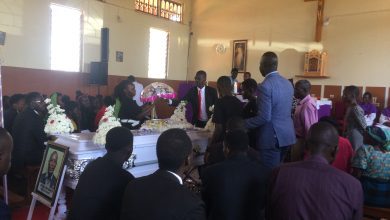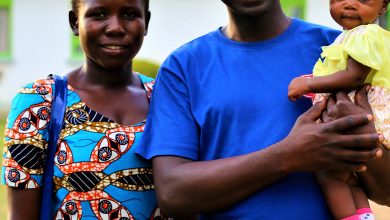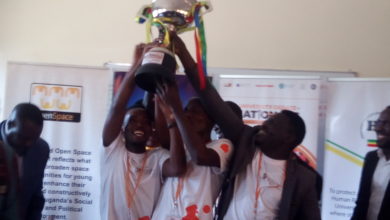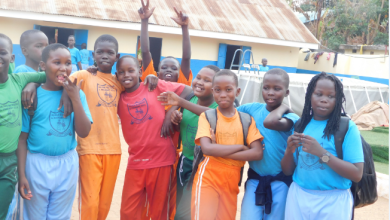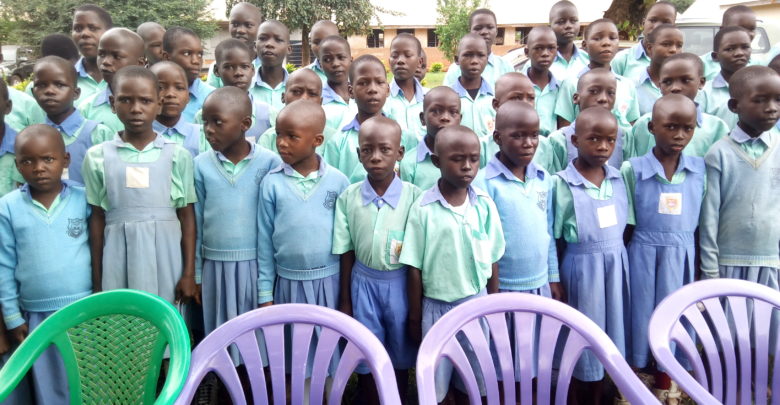
Education
UGANDA: NORTHERN UGANDA LEADERS BLAMES COMMERCIALIZATION OF EDUCATION AND UNFAVORABLE POLICIES
Decilne in pulis performances in public schools alarming
UGANDA: District Leader Blames Commercialization of Education and Unfavorable Policies for Decline in Pupils’ Performances In Public Schools
GULU-UGANDA: Michael Lakony, the chairman LC5 of Amuru district has heaped blames on the poor performance of pupils in schools in Amuru in the just passed Primary Leaving Education –PLE results on government actions which he says have rendered government schools incapable of performing to expectation unlike private schools.
Lakony faults the government for commercializing the education sector at the expense of government schools which he says most parents send their children to study at.
Private schools he ensures better performances in order to attract more students which in turn bring them profit which they then use to improve on school performance like recruiting qualified and experienced teachers, putting up good infrastructures and facilities necessary for a conducive study environment.
He however implores education stakeholders to ensure they do their best to ensure that children pass exams despite the many hurdles along the way
In the 2018, PLE 43 pupils passed in division one while 78 passed in division one in 2019, a slight improvement.
Pupils’ absenteeism is another major contributor to the poor performance at schools in Amuru district. An investigation by this publication reveals that it takes about two weeks for a pupil to report to school because of many reasons like parents retaining their children to work in gardens or the lack of money to pay upfront which results in pupils not completing the term syllabus leaving them at a disadvantage compared to their counterparts in other parts of the country who sit the same examinations.
Kennery Okema, 73 years old, from Lalogi in Omoro district, attributes the poor education performance by pupils to the high level of poverty in the region which he says was execrated by the loss of livestock, which was the source of wealth for the Acholi people to marauding cattle rustlers who the government purposely refused to reign
“Our animals, which we would have used for sending our children to better schools, were raided by National Resistance Army-NRA when Museveni forces set foot in Acholi” says the 73 year old
He adds that devolution of the Uganda currency after the NRA took power was done in manners which disfavored the Acholi as a people leaving them in abject poverty to date affecting not only the livelihood of the people but the education sector as well
In Uganda, a primary pupil in a private school pays not less than 150,000/- shillings in addition to purchase of other requirements yet most parents cannot afford to eat two meals per day.
Opiyo George, a retired civil servant attributs the poor education performance in Acholi to the political unrest that raged for many years since the time of Idi Amin where many Acholi and Langi were killed while some went to exile
Mrs. Lapolo Okwamio, an educationist says children also share the blame for their poor performances urging thus “children do not put a lot of effort towards education, they are reluctant during lesson time, in addition to that children just walk in school even if it is past time. Instead of reporting to school at 7.30Am, most of them come late as 10.00Am”
However, Agenorwot Claudia and Ayeerwot who are both 12 years old pupils in primary 7 at UNIFAT primary school in Gulu are optimistic that they have been good pupils and will pass with flying colors because are studying very hard.
UNIFAT, is a private primary school were pupils pay about 200,000/- shillings
Way forward
Recommendations that this publication managed to glean from experts included but were not limited to change in teaching techniques, career guidance, commitment from children, parents, teachers and strengthening supervision particularly with government public schools
Unlike in private schools, it is very difficult to supervise teachers once employed at public schools. There is need to follow up with them to ensure they follow profession accordingly.
Local leaders’ requests that teachers in government public schools be made to sign performance agreement contract so that if schools fail to perform as per the contract then a teacher can be reprimanded.
Lakony, the LCV of Amuru says UPE policy be revised not only to ensure students enroll but also perform well
“I think with the UPE policy if is not thoroughly reviewed then we will always realize poor performance in the sector” he says.
He points out the issue of government workers not putting much emphasis on improving public school development because they own private schools which is blatant conflict of interest.
Statistics
The East African News Publication of 2003 indicated that 3,000 Acholi scholars with PHD were living in the diaspora as result of the conflict in the north.
From 1986 to 2000, most students who were recruited in the teaching profession were those who had stopped in S2, or might have used their relative’s academic papers to be recruited in the teaching professional.
It also indicated that over 10,000 teachers and education supporting staff had been killed between 1986 to 2006 during the conflict in Northern Uganda, including District Education Officer Mr. Owor Finkasi and former Director of Alero Teacher College.

